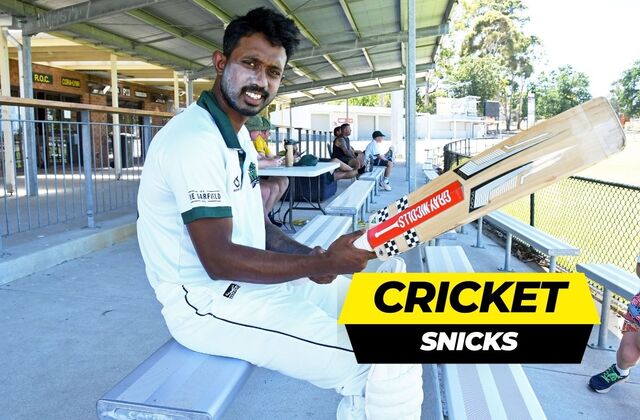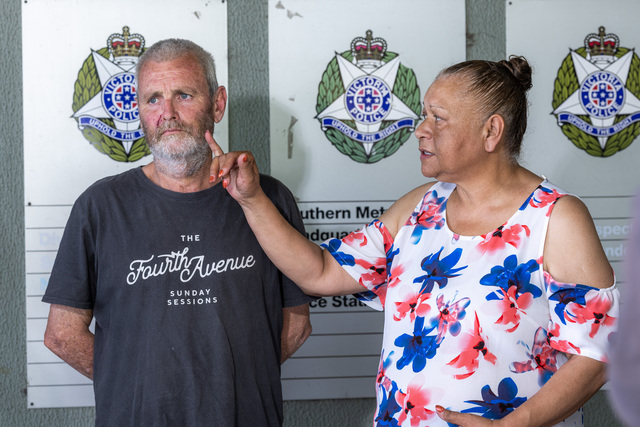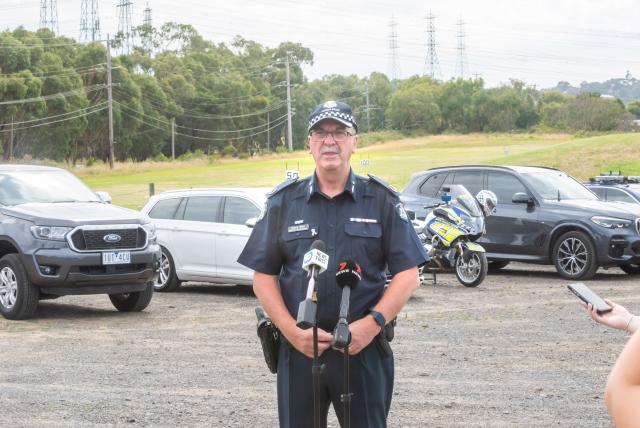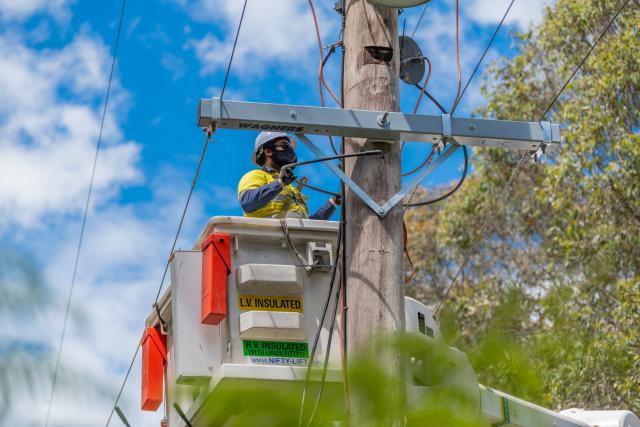A South East local has been awarded a Churchill Fellowship to research and implement proven youth crime prevention strategies from leading police jurisdictions.
The Churchill Fellowship gives recipients up to eight weeks to immerse themselves in international best practices, gathering firsthand experiences and knowledge from around the globe.
Victoria Police Sergeant Trent Delaney of South East will use the fellowship in early 2025 to go to eight countries in northwestern Europe that operate with a minimum age of criminal responsibility above Victoria’s.
“I’ll work with different units at different areas during the week in each country just to observe what they’re doing, how they’re doing it, and then bring that back here to hopefully implement in Victoria so that we can get the early intervention nailed so that it prevents more children and young offenders into that mode of serious and violent crime,” he said.
“And when they get there, how do we manage them effectively out of it and provide pathways away from that offending?
“We’re very good at arresting people in Victoria. We’ve had 3000-plus arrests this year in Victoria of youth offenders because of Trinity Alliance. And they keep doing it. Recidivism is really high.
“I want to find out how we stop it both before and after the events.”
Prior to the fellowship, Trent travelled to Denmark and Germany last year to investigate how their policing jurisdictions were contributing to the crime reduction effort and the subsequent reduction in overall offending by children and youth.
The trip brought up more questions for Trent, which eventually led him to apply for the Churchill Fellowship 2024.
He observed that Denmark had a really good preventative system for youth.
“Police over there are really well-educated identifying risk factors of young people that contribute to offending,” he said.
“Police will walk into a house of a family violence matter. They will see a 10-year-old, and they will look at their surroundings. And if there’s anything in there that’s not socially accepted or that could be seen as a risk to that young person, it gets identified at the age of 10.
“And then external services do their thing. How do we stop that negative environment that young people have? Because research suggests that those environments contribute to offending. It’s no secret that kids with a really good upbringing generally don’t offend.
“So quite often, police are the first responders in relation to identification of risk factors of young people when they’re 10. If we can train our police here to identify that really early and then pass that information collaboratively to our partners, then they can get in there and do their work before the offending even happens.”
As for Germany, Trent said police there were very good at managing serious and violent crime offenders who were already heavily entrenched in offending.
Ever since Trent’s visit to Denmark last year, some strategies he investigated have been implemented within current initiatives being utilised by Victoria Police to combat the sharp rise in crime caused by youth and children.
He is looking forward to his study next year.

















